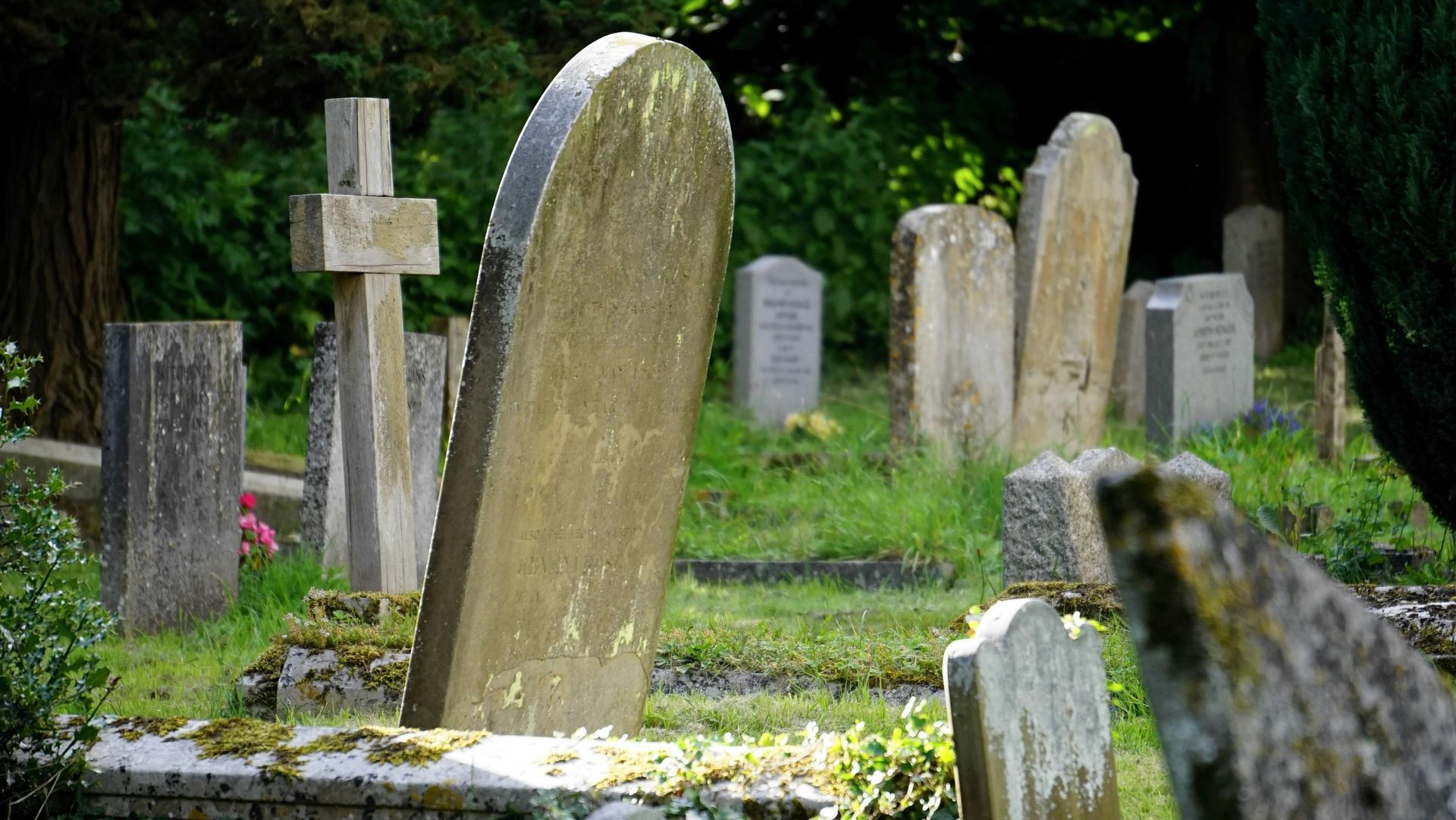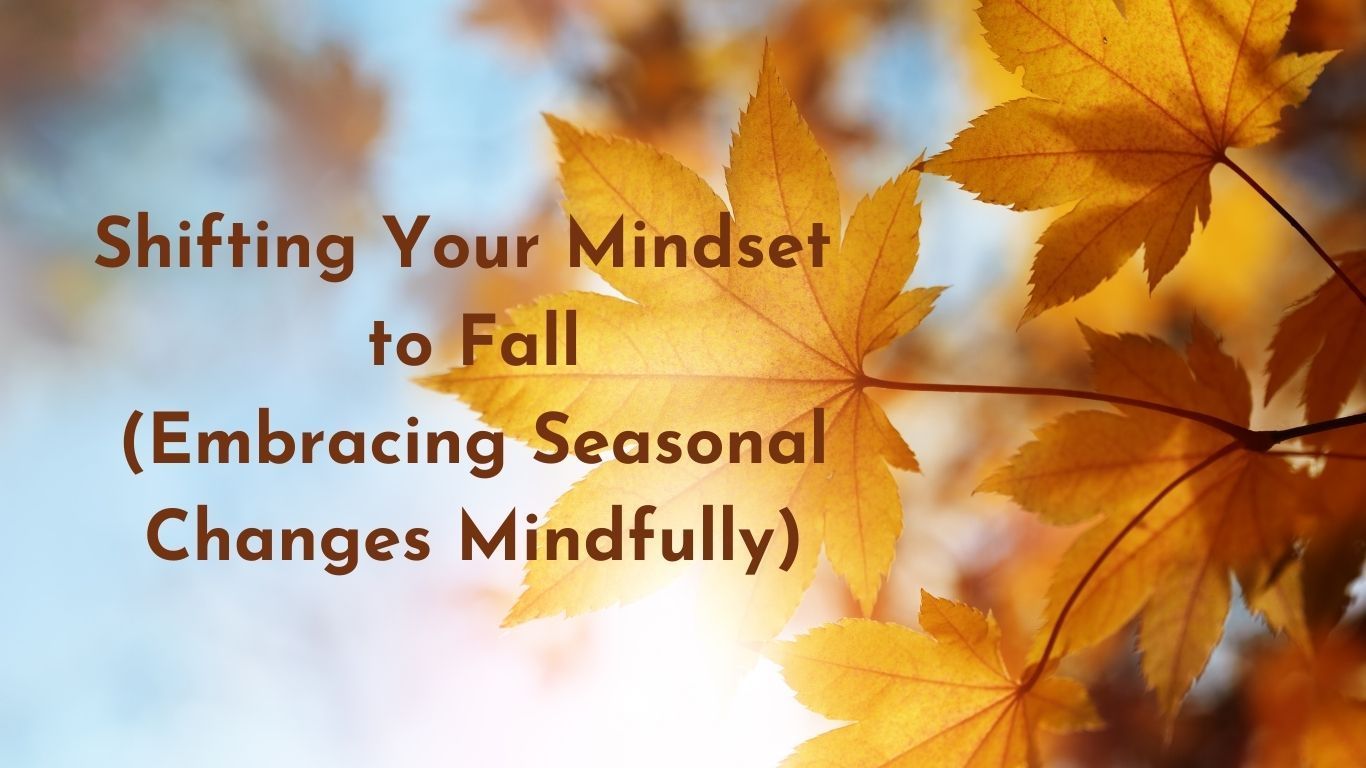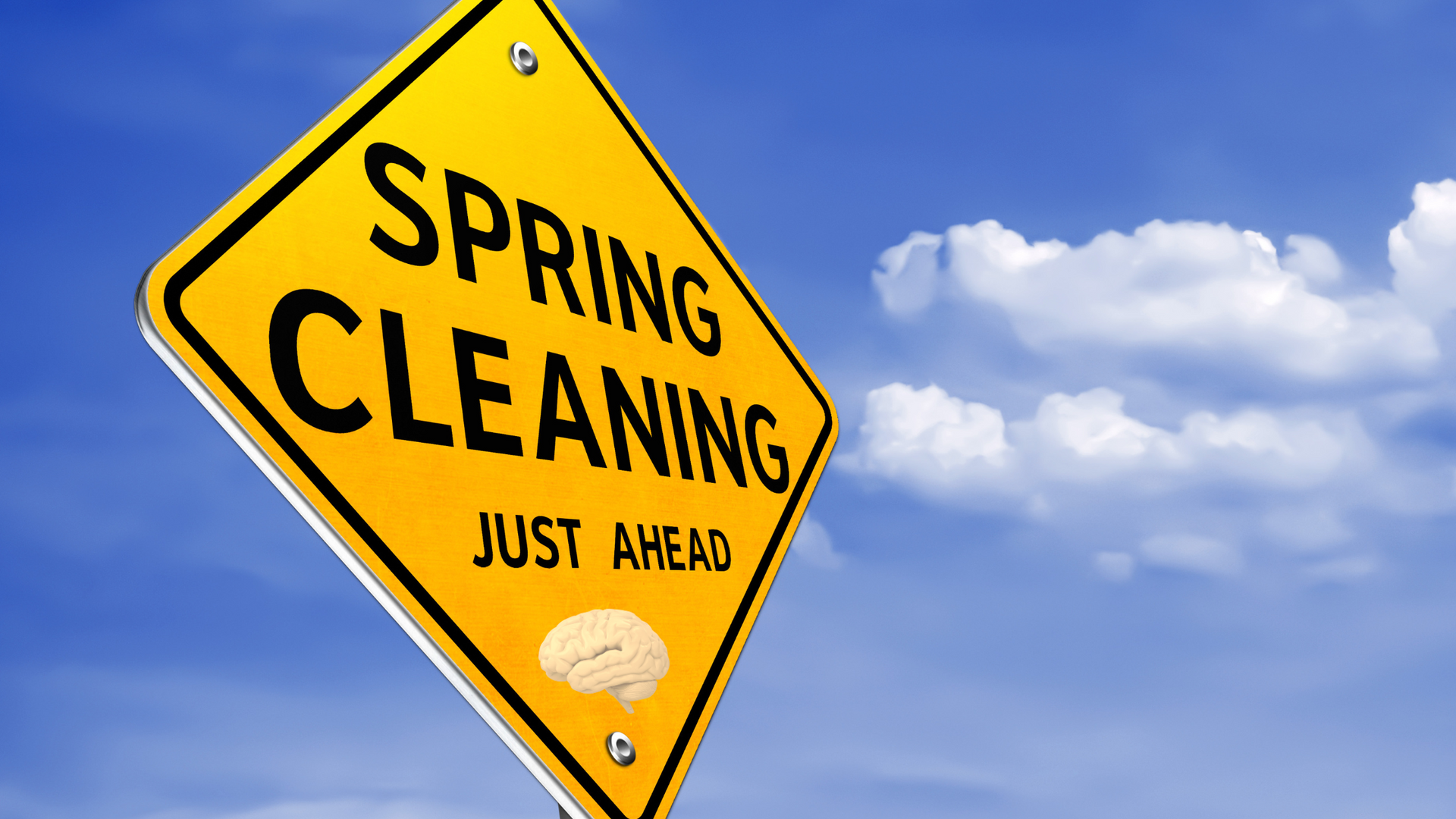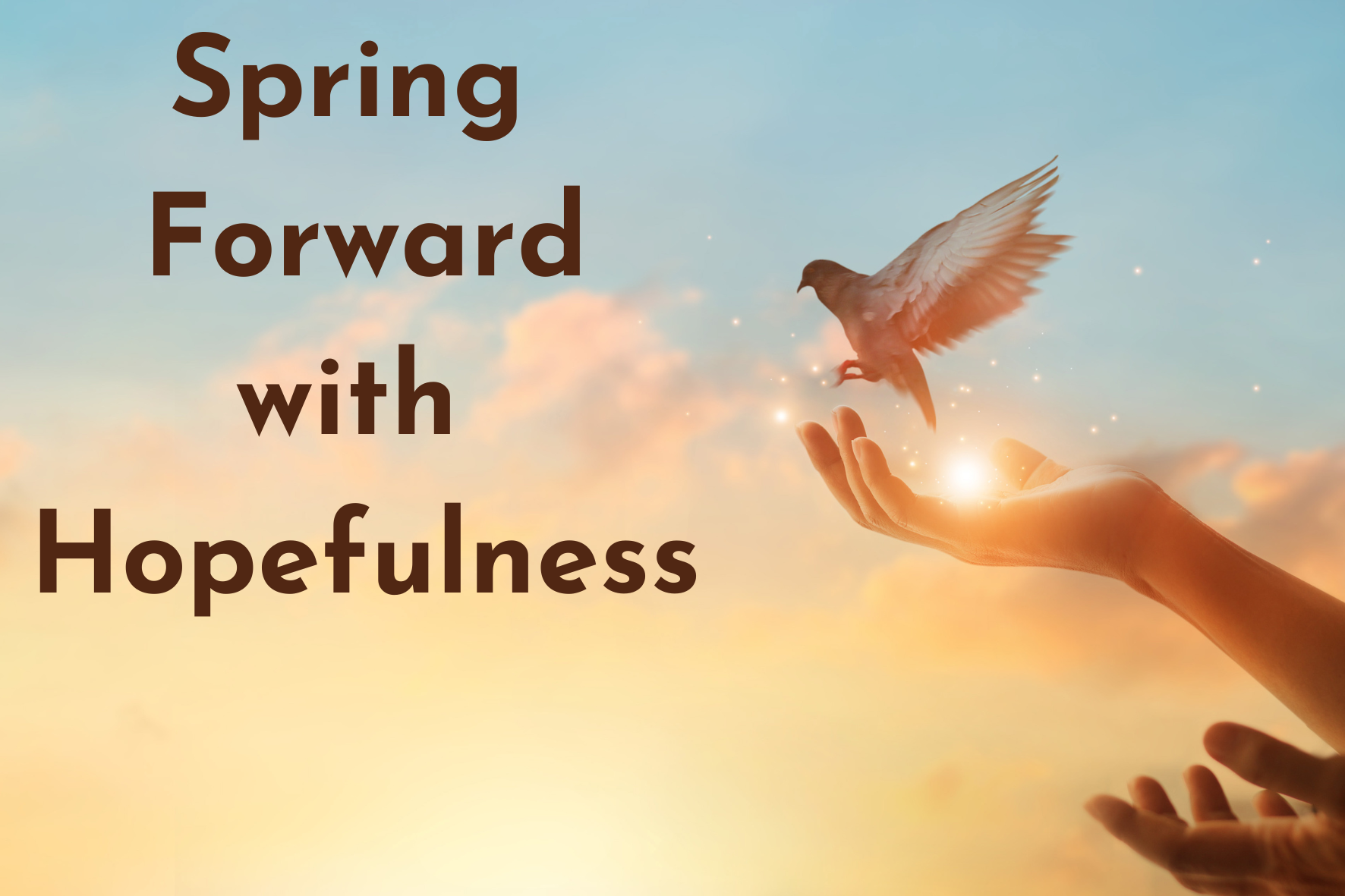NAVIGATING THE HOLIDAY BLUES

The holiday season, with its twinkling lights, festive decorations, and joyful gatherings, is often hailed as the most wonderful time of the year. However, for many people, the reality doesn't always match the hype. The holiday blues, characterized by feelings of sadness, stress, and loneliness during the holiday season, can cast a shadow over what should be a joyful time. What are some of those triggers and how do you pull yourself out of the holiday blues?
Understanding the Holiday Blues
The holiday blues are a common phenomenon that can affect people of all ages and backgrounds. Several factors contribute to these feelings of sadness and anxiety during the holiday season:
- Social Expectations: There's often immense pressure to be surrounded by loved ones and to partake in joyful celebrations during the holidays. If you don't meet these societal expectations, it can lead to feelings of isolation and inadequacy.
- Financial Stress: The holidays can be financially taxing with gift-giving, holiday parties, and travel expenses. Financial stress can exacerbate feelings of anxiety and sadness.
- Loss and Grief: For those who have experienced the loss of a loved one, the holidays can intensify feelings of grief and loneliness, as it's a time when the absence of that person is deeply felt.
- Perceived Happiness of Others: Seeing others seemingly enjoying the holidays on social media or in advertisements can create a sense of FOMO (Fear of Missing Out) and heighten feelings of inadequacy.
- Seasonal Affective Disorder (SAD): Some individuals experience a form of depression known as Seasonal Affective Disorder, which is triggered by reduced daylight hours and possibly a chemical change in the brain, that can worsen during the holiday season.
Strategies for Beating the Holiday Blues
- Acknowledge Your Feelings: The first step in addressing the holiday blues is recognizing and acknowledging your feelings. It's okay to feel sad or anxious during this time; your emotions are valid.
- Set Realistic Expectations: Instead of striving for a perfect holiday, set realistic expectations for yourself. Understand that it's okay to say no to certain commitments or traditions if they contribute to your stress. If you have traditionally been the host for family gatherings during the holidays and if it causes you much stress, then consider making some changes and asking for help. As we get older, it is okay to pivot and re-set expectations.
- Create New Traditions: If traditional holiday activities are a source of distress, consider creating new, more manageable traditions that bring you joy. This could be a simple, intimate dinner with a close friend or volunteering to help those in need. For over 20 years I traveled to Vail, Colorado and rented a condo during the holidays to be with my family, but specifically with my grandparents. This became our family tradition as I wanted to be with them as long as possible. Once they both passed away, we decided to change the tradition and go to different places. This helped me let go of my grief and not dwell on the loss.
- Budget Wisely: Financial stress can be a significant contributor to the holiday blues. Establish a budget for gifts and festivities and stick to it. Remember, thoughtful gestures often mean more than extravagant gifts.
- Stay Connected: If you're feeling isolated, reach out to friends and family for support. Don't hesitate to share your feelings with loved ones; they may be experiencing similar emotions. The Villages has a grief support group for those who have experienced loss.
- Self-Care: Prioritize self-care during the holidays. Make time for activities that rejuvenate you, such as reading, meditation, or a long bath. Regular exercise and a balanced diet can also help manage stress. I find that after playing a game of pickleball with my friends, my mood lightens and carries me throughout the rest of the day.
- Volunteer and Give Back: Engaging in acts of kindness and generosity can provide a sense of purpose and fulfillment. Consider volunteering at a local charity or donating to a cause you care about. The holidays bring about a surge of opportunities to help out with food banks, soup kitchens, food centers, and delivering meals to families in need.
- Seek Professional Help: If your holiday blues persist and interfere with your daily life, consider seeking help from a mental health professional. Therapy and counseling can provide valuable tools for managing difficult emotions.
- Limit Social Media: Reduce exposure to social media (or other forms of media) if it tends to trigger feelings of inadequacy or loneliness. Consider turning off the TV or shutting off your phone, and instead, connect with the love of your own inner essence. When you feel that connection, the loneliness fades away.
- Practice Gratitude: Focus on the positive aspects of the holiday season. Looking for the silver-lining of what is going right in your life can help cultivate a sense of gratitude and, as a result, improve your overall mood.
The holiday blues are a common experience, but they don't have to define your holiday season. By acknowledging your feelings, setting realistic expectations, and prioritizing self-care, you can navigate this challenging time with greater ease. Remember that the holidays are an opportunity to find joy in small moments, create meaningful traditions, and cultivate a sense of gratitude. Whether you're spending the holidays with loved ones or on your own, there are ways to find happiness and meaning during this special time of year.
Note: This article was published in the Villager Spotlight Magazine (November 2023 edition)
Kim Silverman Transformation












